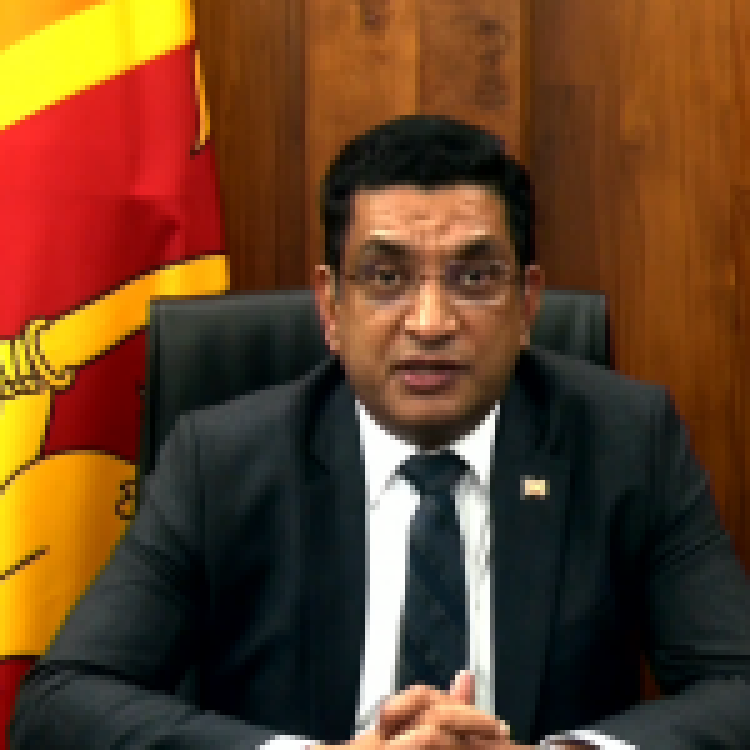Sri Lanka reiterated its rejection of UN resolutions on accountability for mass atrocities this week, but admitted that thousands of forcibly disappeared remain unaccounted for despite years of failed domestic mechanisms.
Thousands unaccounted for
Providing its oral update to the 55th session of the UN Human Rights Council, Sri Lanka claimed it has made progress on investigating forced disappearances through the Office on Missing Persons (OMP), a government mechanism that has been repeatedly denounced by Tamil families of the disappeared. Sri Lanka’s ambassador claimed that there had been “significant public trust”, stating that there had been 6,025 complainants, of which 5,221 had been inquired into.
Despite functioning for over 6 years however, the ambassador said only 3 people had been confirmed as “deceased. A further 16 had been reportedly found to have been alive, but with no further details if they were being held in Sri Lankan custody or not. Several thousand of the complaints that had been submitted to the OMP remain unaccounted for.
Ethnic tensions continue to flare
Sri Lanka’s Permanent Representative Himalee Arunatilaka went on to claim that the Office for National Unity and Reconciliation (ONUR) has been “strengthened by an Act of Parliament whereby it now functions as an independent institution to conduct training programs to promote religious coexistence and conflict transformation workshops providing opportunities for interfaith and intercultural dialogue.”
Despite the reassurance, there has been an increase in incidents relating to hate-mongering and ethnic tensions in the Tamil homeland specifically driven by Sinhala Buddhist monks who continue to function with impunity in the region. Earlier this month, Buddhist monks were escorted by the Sri Lanka army to the Vedukkunaari Temple where they declared that the Tamils were forcibly using this area as a place of worship. The Buddhist monks have threatened to also occupy the place and prevent the observances of Maha Shivarathri later this week.
Categorical rejection
The ambassador went on to outline Sri Lanka’s “categorical rejection” of the UN resolutions on accountability for mass atrocities, including the external evidence gathering mechanism that is currently underway.
“We cannot condone the continuing double standards of some sectors that provides no tangible relief to the grievances of people but only contributes to the politicization of human rights,” Arunatilaka continued. “The very existence of the people in Gaza is under threat. Where are the resolutions and where are the accountability projects?”
Her remarks echo that of Sri Lanka's Minister of Foreign Affairs Ali Sabry who delivered similar remarks to the Council last week.
Tens of thousands of Tamil civilians were killed by the Sri Lankan forces in 2009, with hospitals bombed, surrendering Tamils executed and sexual violence deployed on a mass scale. The killings have become increasingly recognised as a genocide.
To date, no one has ever been held accountable for the crimes committed.




